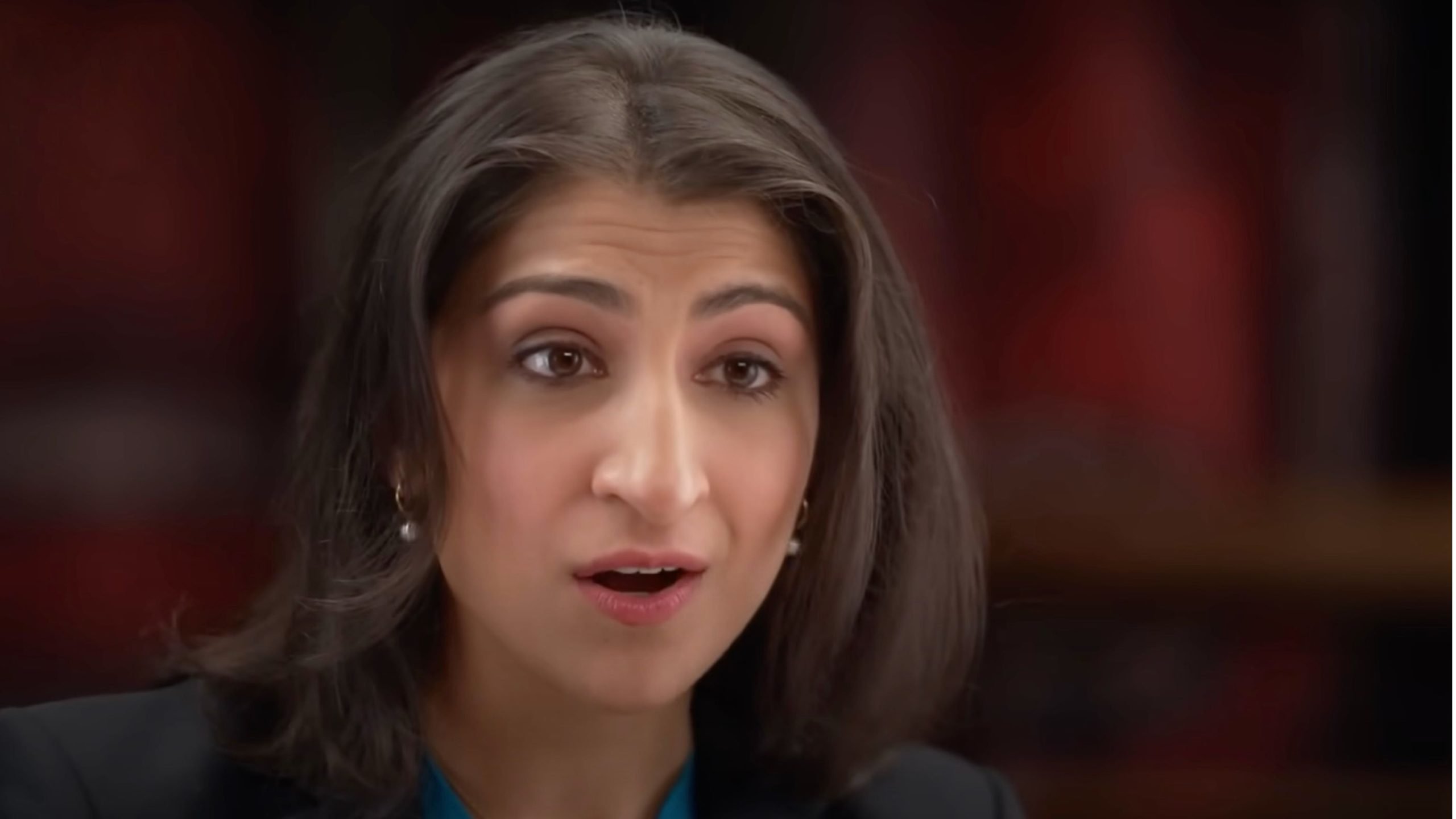The House Judiciary Committee has accused FTC Chair Lina Khan, appointed by President Biden, of using the agency’s powers to target Elon Musk’s Twitter. The claims emerged in a report, revealing that the FTC intensified its scrutiny of Twitter immediately following Musk’s acquisition, pushing for an immediate vote on a long-pending consent decree.
Documents indicate that despite the consent decree being in negotiation before Musk’s involvement, Khan initiated an urgent vote just days after Musk’s acquisition was publicized. Over the first three months of Musk’s leadership, the FTC sent Twitter over a dozen letters, initiating more than 350 demands for documents and information, some of which extended beyond the scope of the existing consent decree.
We obtained a copy of the report for you here.
A consent decree, as Cornell Law School notes, is a settlement that is approved by a court, where the FTC can enforce specific conditions and demand information as part of ongoing compliance checks.
Historically, consent decrees were discussed and reviewed thoroughly by FTC commissioners and staff before any voting. However, the report criticizes Khan for rushing this process, limiting the time for proper review despite Republican Commissioners’ requests for more time to examine the evidence. Commissioner Noah Philips and his attorney advisor questioned the sudden urgency, with Khan’s team responding that it was due to Musk’s recent acquisition. Yet, the reviewed FTC documents show that Khan pushed for the accelerated vote even before Twitter requested a swift resolution.
This fast-tracking of the vote did not align with Khan’s public claims that it was Twitter, not the FTC, urging the quick decision. However, the urgency communicated internally clearly linked the expedited process to Musk’s takeover.
Moreover, the FTC’s aggressive approach post-consent decree involved demanding extensive communications from Twitter related to Musk, which the Committee described as a tactic to harass Musk. The FTC also explored leveraging Twitter’s disclosure to journalists as a potential way to invalidate the company’s claim to document privacy.
This increased scrutiny coincided with revelations from the Twitter Files, disclosed by journalists like Michael Shellenberger and Matt Taibbi, which highlighted attempts by the Biden administration to influence Big Tech towards censoring certain online narratives, allegedly impacting election integrity. The FTC initially justified their investigation into Twitter citing the legal concerns triggered by the disclosures Musk facilitated to these journalists. Yet, the FTC concluded earlier in 2024 that Twitter had adequate privacy safeguards, leading to the closure of this investigation.
In this vein, the report from the Committee suggests that the FTC’s aggressive stance may have been more about punishing Musk for exposing government pressures on tech censorship than about genuine regulatory concerns.













